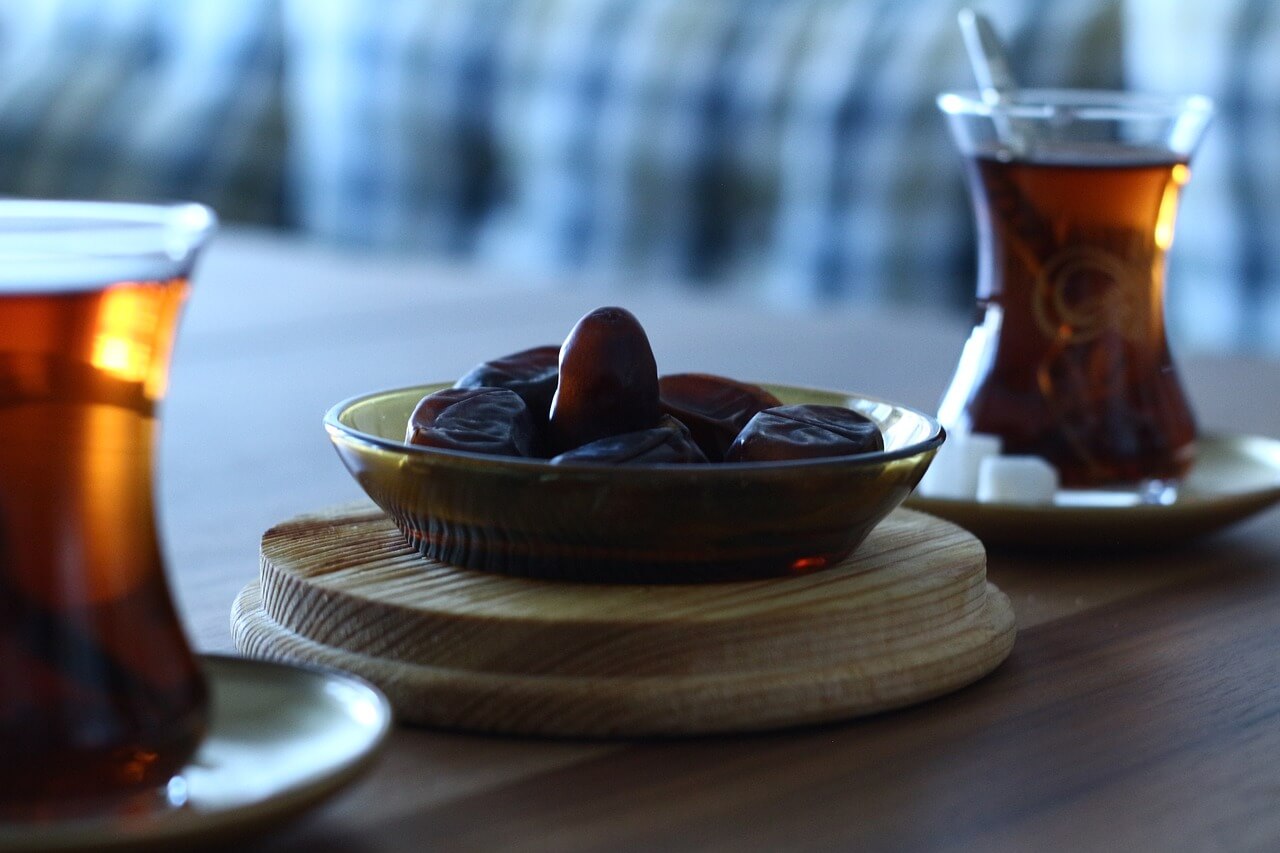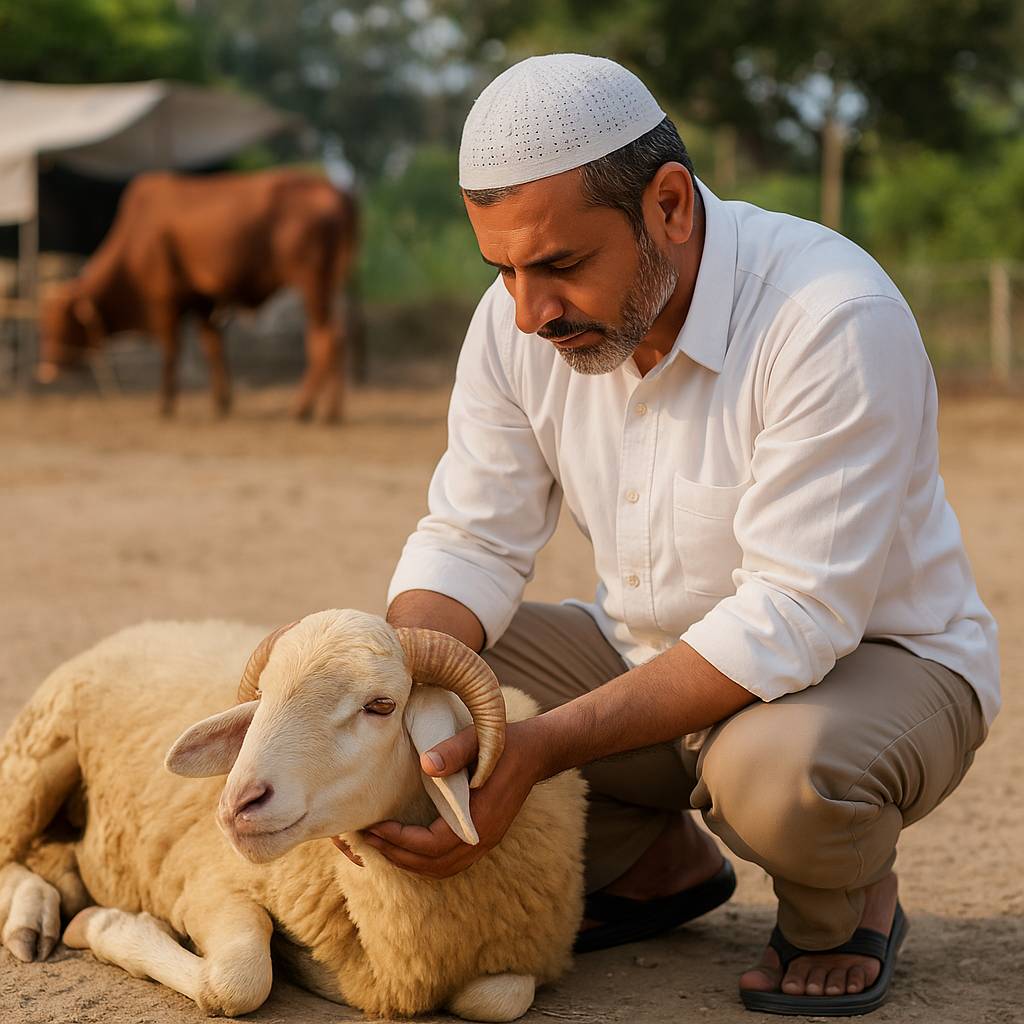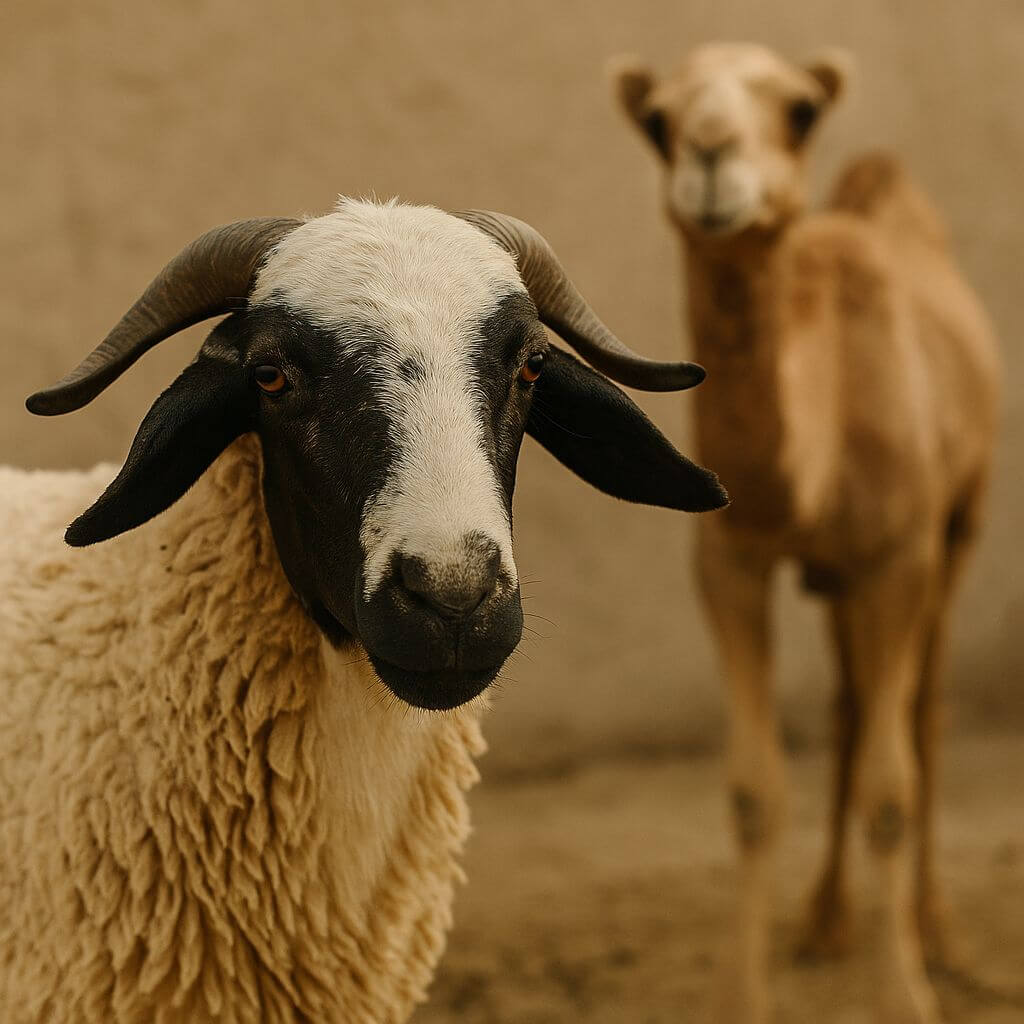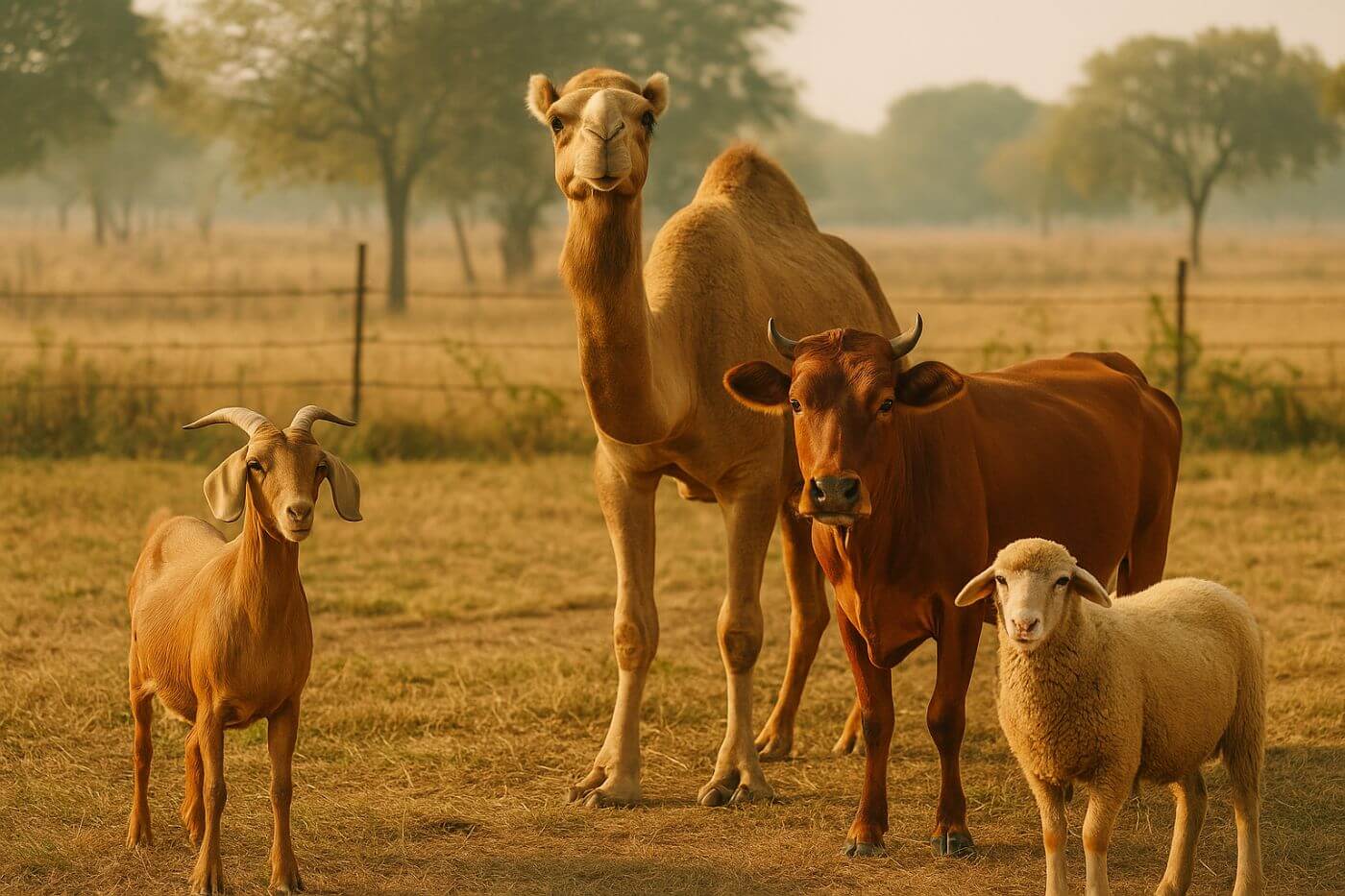
How to Break Your Fast During Ramadan: Sunnah Practices and Healthy Tips
Breaking your fast, known as Iftar, is a special moment that Muslims around the world eagerly anticipate during Ramadan. After a day of fasting from dawn (Fajr) to sunset (Maghrib), Iftar is not just about satisfying hunger—it’s a spiritually significant time rooted in the traditions of Prophet Muhammad (peace be upon him).
Understanding the proper way to break your fast, both from a religious and health perspective, helps maximise the physical and spiritual benefits of fasting. This guide covers Sunnah practices, recommended foods, and healthy tips for a fulfilling Iftar.
The Spiritual Significance of Iftar
Iftar is more than a meal—it’s an act of worship. It represents gratitude for the blessings of food and health, and it’s an opportunity to reflect on the lessons of patience, self-control, and empathy learned throughout the day.
Breaking your fast at the prescribed time and following the Sunnah practices connects you with the traditions of the Prophet Muhammad (peace be upon him) and enhances the spiritual rewards of fasting.
1. When to Break Your Fast
Muslims break their fast at sunset (Maghrib), as soon as the Maghrib Adhan (call to prayer) is heard. Delaying Iftar without a valid reason is discouraged.
The Prophet Muhammad (peace be upon him) said:
“The people will remain on the right path as long as they hasten to break their fast.”
(Sahih al-Bukhari & Muslim)
This highlights the importance of breaking the fast promptly, as it aligns with the natural human need for nourishment after a day of self-restraint.
2. Sunnah Practices for Breaking Your Fast
Following the Sunnah (practices of the Prophet) not only brings spiritual rewards but also promotes healthy habits.
a. Breaking the Fast with Dates and Water
The Prophet (peace be upon him) preferred to break his fast with fresh dates. If none were available, he would have dried dates or, as a last option, water.
“The Messenger of Allah (peace be upon him) used to break his fast with fresh dates before praying. If there were no (fresh dates), then with dry dates, and if there were none, he would take a few sips of water.”
(Abu Dawood, Tirmidhi)
Why Dates Are Ideal:
- Rich in natural sugars for a quick energy boost.
- High in fibre, aiding digestion.
- Packed with essential minerals like potassium, magnesium, and iron.
b. Making Dua Before Breaking the Fast
It is highly recommended to make Dua (supplication) at the time of breaking the fast, as this is a moment when prayers are more likely to be accepted.
Common Dua for Breaking the Fast:
“Allahumma inni laka sumtu wa bika aamantu wa ‘alayka tawakkaltu wa ‘ala rizqika-aftartu.”
(O Allah! I fasted for You, and I believe in You, and I put my trust in You, and with Your sustenance, I break my fast.)
You can also make personal Duas for your needs, family, and the Ummah.
c. Performing the Maghrib Prayer Before a Full Meal
After breaking the fast with light items like dates and water, it’s recommended to perform the Maghrib prayer before having a full meal. This helps maintain focus during prayer and prevents overeating.
3. What to Eat When Breaking Your Fast
While the Sunnah teaches us to start with dates and water, a balanced Iftar meal is essential to replenish the body after fasting.
a. Start Light
- Dates and Water: As per the Sunnah, start with 1–3 dates and a glass of water.
- Hydrating Fruits: Watermelon, oranges, or cucumber help rehydrate the body.
- Soup: A warm bowl of lentil or vegetable soup is gentle on the stomach and provides essential nutrients.
b. Main Iftar Meal
Aim for a balanced meal that includes:
- Complex Carbohydrates: Brown rice, whole wheat bread, or quinoa for sustained energy.
- Lean Protein: Grilled chicken, fish, lentils, or beans to aid muscle repair.
- Healthy Fats: Avocado, nuts, and olive oil to support nutrient absorption.
- Vegetables: A variety of colourful vegetables for fibre, vitamins, and minerals.
4. Foods to Avoid When Breaking Your Fast
While it’s tempting to indulge after a long day of fasting, certain foods can cause discomfort and reduce the health benefits of Ramadan fasting:
- Greasy or Fried Foods: Can lead to indigestion and sluggishness.
- Sugary Sweets: Cause a rapid spike in blood sugar, followed by an energy crash.
- Caffeinated Beverages: Increase dehydration, especially during summer fasts.
- Carbonated Drinks: Can cause bloating and discomfort.
5. Healthy Tips for a Fulfilling Iftar
- Stay Hydrated: Drink plenty of water between Iftar and Suhoor to prevent dehydration.
- Eat Slowly: Give your body time to register fullness and avoid overeating.
- Portion Control: Focus on quality, not quantity. Smaller portions with balanced nutrients are more beneficial.
- Incorporate Fibre: Helps regulate digestion and keeps you feeling full longer.
- Include Dairy: Low-fat yogurt or milk provides calcium and aids digestion.
6. Common Questions About Breaking the Fast
a. Can You Break Your Fast with Just Water?
Yes, breaking your fast with water is permissible, especially if dates are not available. The Prophet (peace be upon him) sometimes broke his fast with water when dates weren’t accessible.
b. What If You Accidentally Miss the Maghrib Time?
If you unintentionally delay Iftar, simply break your fast as soon as you realise. There’s no penalty, as it wasn’t done intentionally.
c. Can You Break Your Fast While Traveling?
Yes, travelers have the option to break their fast and make up the missed day later, as fasting can be physically challenging during travel.
d. What If You’re Sick and Can’t Fast?
If you’re ill, it’s permissible to break your fast. You should make up the missed day later when you’re healthy. If the illness is chronic, a fidya (charitable compensation) can be given.
7. The Importance of Gratitude at Iftar
Iftar is not just about nourishing the body—it’s a reminder of the blessings we often take for granted. As you break your fast:
- Reflect on the blessings of food, water, and good health.
- Make Dua for those who are less fortunate, facing hunger without choice.
- Share Iftar with family, friends, and community members whenever possible.
Support ARO’s Ramadan Initiatives
While many of us break our fasts with plentiful meals, countless families around the world face hunger daily. At ARO, we are dedicated to providing Iftar meals, clean water, and essential support to vulnerable communities during Ramadan and beyond.
Your generosity can make a difference. Donate Now to help feed families in need and share the blessings of Ramadan.
Together, we can ensure that no one breaks their fast alone.
Related Project: Hunger Relief



